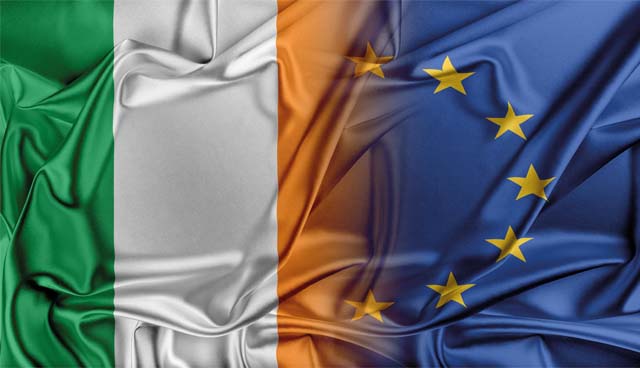Gaeilge gains full official and working status in EU

The Irish language was placed on equal footing at European level with the EU’s 23 other official languages when it gained full official and working status on 1 January 2022.
Irish has been a treaty language since Ireland joined the European Economic Community in 1973, meaning that only EU treaties were translated into Irish. The language became an official and working language of the EU in 2007 at Ireland’s request, but under a derogation granted by the European Council, not all documents were translated into Irish. The Council was asked by Ireland in 2015 to gradually phase out this derogation by 1 January 2022, a target that has now been met.
Once this target had been agreed to, the EU undertook preparations to ensure that all EU institutions had sufficient capacity to meet demand for translation. A European Commission report issued in June 2021 found that capacity needs had been met and that despite the fact that “cuts have been made to the staffing levels of all language teams necessitating a review of resources and adjustments to the mix of in-house staff, outsourcing and language technology resources” since 2015, and that the rate of recruitment slowed in most institutions due to Covid-19, “the number of in-house Irish-language staff has risen from 58 in 2016 to 138 in April 2021”.
However, the report does note that while in-house capacity has increased, a high share of the staff in question is temporary; 56 per cent across all EU institutions, 60 per cent in the Commission’s translation service and 100 per cent of those in the European Court of Justice. Two million pages are translated by the EU every year, at a cost of €349 million, 0.2 per cent of the EU budget.
The development has led to reports of jobs with Irish language requirements being advertised the length and breadth of Europe, with technical support companies in Greece, mortgage specialists in the Hague and of course officialdom in Brussels and Luxembourg seeking Gaeilgeoirí.
The honour of submitting the first amendment to EU legislation as Gaeilge fell to Fine Gael MEP Seán Kelly, who submitted an amendment to the International Trade Committee’s opinion on a foreign affairs report on the defence of multilateralism, making him the first Irish MEP to propose an amendment in his native language.
“Ba mhór an onóir dom an chéad leasú as Gaeilge a mholadh i bParliamint na hEorpa. Is ócáid stairiúil é seo ó thaobh na Gaeilge de,” Kelly said upon submitting his amendment.





